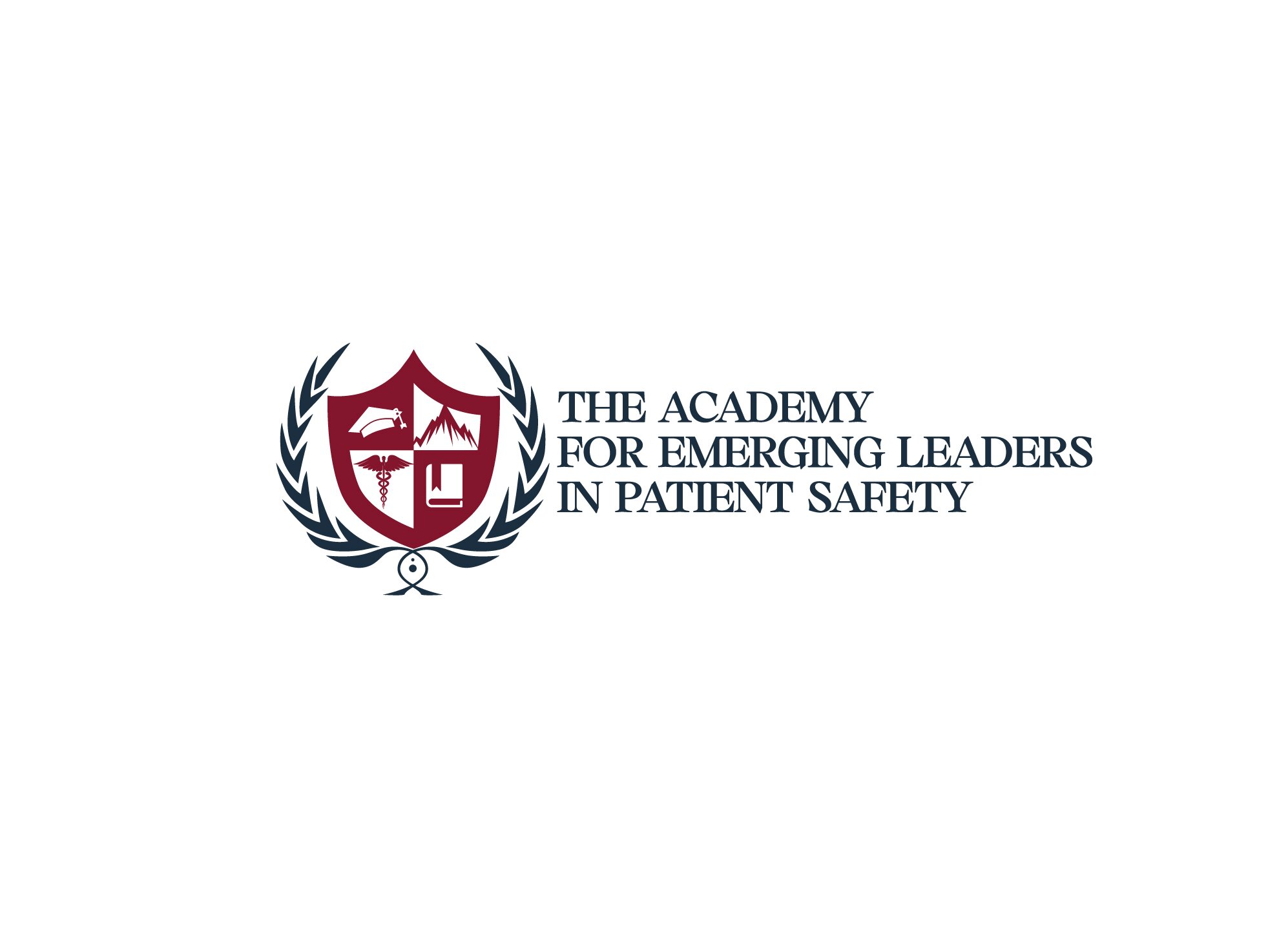In 2004, Dave Mayer, Tim McDonald, Rosemary Gibson, Anne Gunderson and a small number of other thought leaders in patient safety began discussions in hope that they could redesign medical education in such a way that students, residents and faculty would gain a greater understanding of patient safety throughout their training. Out of those discussions came the first Marseille Patient Safety Educational Roundtable in 2005. The first Roundtable found the group making its way across the front range of Colorado, to the southwest corner of this awe-inspiring state, to begin mapping a new course for patient safety healthcare education.
From the beginning, Dave and the group welcomed a number of patient and healthcare consumer advocates to join the conversation. Many of these safety advocates have continued to attend the Roundtable each year in hopes of making health care safer and higher quality. As time went on, the meeting took on an international flare, and colleagues from as far away as Europe and Australia joined the Roundtable discussions to share their expertise.
In 2010, the Marseille Patient Safety Student and Resident Summer Camps were born, a logical evolution of the Marseille Roundtables over the years. The inaugural class, sponsored by the Agency for Healthcare Research & Quality (AHRQ), was comprised of 20 multi-professional students from medicine, nursing, pharmacy, and public health to pilot the idea of inviting students to join the conversation. Because of the success realized that first year, the Summer Camps have been able to garner ongoing funding and support from key sponsors who believed in this mission of Educating the Young. As a result, The Doctors Company Foundation (TDCF), COPIC Insurance Company, the Committee of Interns & Residents (CIR) and MedStar Institute for Quality and Safety had now supported over 300 health science students and resident physicians to join a faculty comprised of physicians, nurses, pharmacists, healthcare leaders, lawyers as well as patient advocates–all focused on making healthcare safer.
In 2012, a third week solely for resident physicians was added, expanding the educational offerings of the learning intesives to three separate sessions over three weeks in the Sangre de Cristo mountain range at the Marseille Science Research Center. Two weeks remained dedicated to health science students from medicine, nursing, pharmacy, allied health and law. Lucian Leape, the grandfather of patient safety, joined the faculty in 2012 as well, leading a section of the learnings and discussions.
In 2013 and 2015 demand for our unique offering of patient safety education continued to grow, and the program expanded yet again. Additional weeks were added in Washington, DC and Napa Valley for both health science students and resident physicians. A second week was also added in Marseille, CO to accommodate the growing number of residents and students requesting a seat in the room. And in 2016, we began offering new sessions that address the specific patient safety and quality educational needs for health administrators, risk managers and health educators. Our number of alumni now reaches into the thousands.
A short message from founder, Dave Mayer:
While the short four days spent together are rich with content that attendees can apply immediately upon returning to their home institutions, additional value in attending one of the Academy for Emerging Leaders in Patient Safety weeks includes an alumni network all participants can turn to throughout the year, as well as the launching pad for quality and risk reduction projects inspired by our time together. Many of our alumni have gone on to lead real change at their home institutions, and we are continuously inspired to learn of their work. We hope that our website will encourage the sharing of these projects so that patient safety and quality becomes contagious throughout the year.
The energy of our resident and student alumni is invigorating, and something we as faculty look forward to each year. It recharges our efforts at the front lines of care or hospital administration, and we hope, contributes to making care that much safer for patients around the world.
